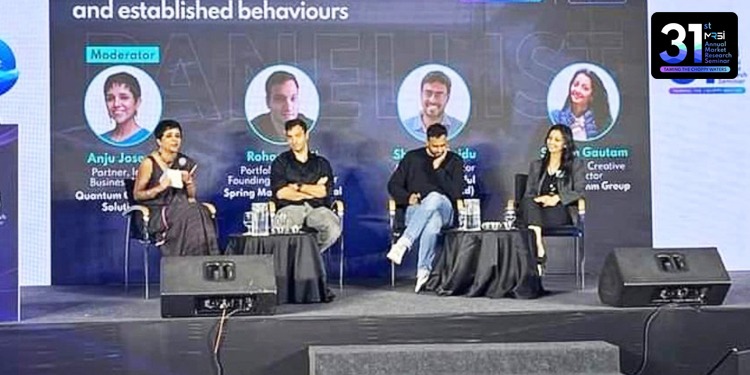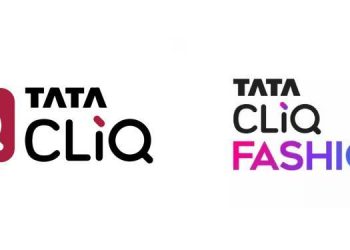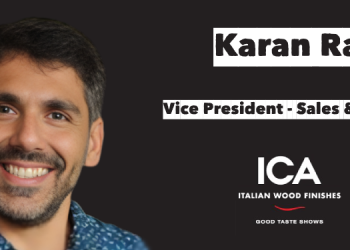‘Maiden Voyages: Discovering new opportunities for existing consumers and established behaviours’ was among themes discussed on the second day of 31st MRSI Annual Market Research Seminar in Mumbai on October 10, 2023.
The panellists were Shrevas Naidu, Associate Director, Licious (Delightful Gourmet); Sonam Gautam, Executive Creative Director, The Good Glamm Group; and Rohan Talati, Portfolio Partner and founding team member at Spring Marketing Capital. Anju Joseph, Partner and India Business Head, Quantum Consumer Services was the moderator.
Underlining the complexity of Indian consumers, Licious’ Naidu quipped that they are ‘mind-numbingly frustrating, often irrational and extremely complex’. “He or she never gives us an easy answer. But, that is also the beauty of it and gives us the puzzle to solve; otherwise, consumer insights would be very boring,” he said.
Naidu added, “I had a small stint back in Dubai. I have seen consumers from different parts of the globe. But Indian consumers are complex, which makes my job very exciting.”
Sharing the perspective, Gautam said, “I quite agree, the consumers are like Don – Don ko pakadna mushkil hi nahin, namumkin hai. They are extremely complex and ever-evolving. It’s a challenging chase and I like it.”
Talati concurred, “I do believe that consumers are the most difficult puzzle to crack. More than tech, analytics and AI, we are spending more time understanding them.”
New age versus legacy businesses
Talati said, “The fundamentals are the same. There is a strong focus on consumers, in enhancing and elevating consumer experience. There is also a strong focus on creating value. The biggest difference comes down to execution and at the pace of executing what. These are the values the new age brands are trying to create.The legacy brands are focused on getting it perfect. For new age brands focus is on getting the product out there, testing its feeling, trying, iterating, and constantly trying.”
Naidu said that the primary focus on creating value for consumers remains the same.
“The legacy brand has the luxury to aim towards perfection. New age brands cannot chase perfection and what we try doing is to iterate perfection. We generally tend to do a lot of experimentation and we learn on the way,” he said.
The speaker added, “We don’t have the burden of legacy systems, that’s the reason we have B2C, D2C systems. We have newer ways of trying to solve the issues.”
Gautam said, “The biggest difference between working for a legacy brand and a new age brand is that at the legacy brand we spend a lot of time in execution and believing that what we have done is the best. When it comes to new age brands, we are hearing our consumers constantly and changing our strategies, changing and evolving as well.”
Experimentation, not ‘Failure’
The panel then discussed failures faced by the brands the panellists represent.
Talati said,” I am not a fan of the word failure in the startup world. When you fail it’s not seen as failure but seen as ruling out something which hasn’t worked.”
He cited the case of Mosaic Wellness, which offers products for men and women. Talati explained that the company tried seven to eight products in sexual performance for men, of which most failed.
“Out of the seven to eight products we tried, six failed – or we learnt those were not the right categories. One has taken off. We tried, experimented with many and some didn’t work, but one worked,” he explained.
Naidu said that “failure” has been redefined for the way they work. He added, “It’s a weird dichotomy. We have too much data and too little data. Especially as a D2C brand we have the kind of visibility that’s most probably not clear to the legacy systems. No failure is a complete failure, it’s just a different thing we learn. Only difference is do it fast, keep experimenting.”
Gautam surmised, ”What we see as failure, I see as reinventing. We continuously work on it, till the time we get it right.”
Feedback: [email protected]

















